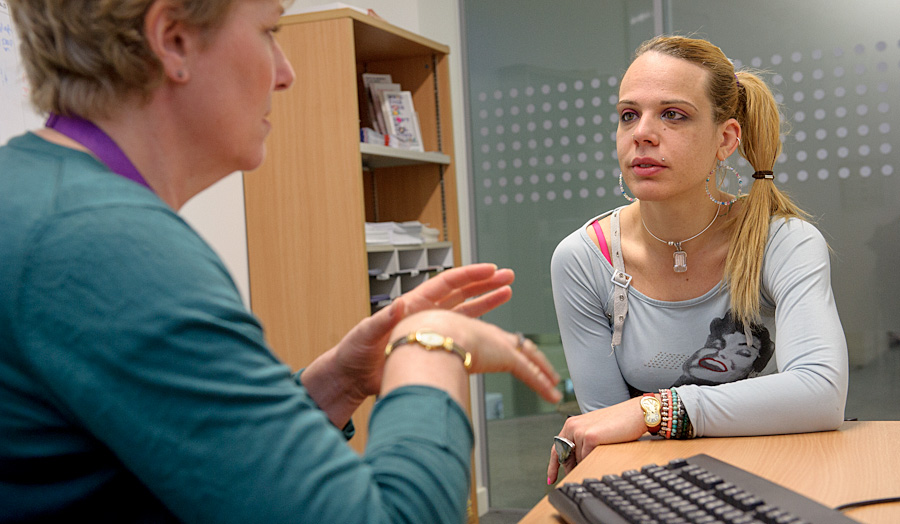Are you a care leaver* or care-experienced and thinking of going to university?
At London Met you'll find a lot of extra support available to help you through your entire university journey. Right from the moment you apply, throughout your studies and even once you've graduated.
Considering London Met?
We are happy to organise personalised visits for individuals or groups of care-experienced students who are considering university. Visits can give you a chance to discuss the support available with the University's care leaver representative. It's also an opportunity to view the campus, chat with current students and, where possible, meet with relevant academic tutors. Friends, family, carers and social workers are also welcome. Email Priya Khambhaita at p.khambhaita@londonmet.ac.uk for more information.
Priority for other activities and support
Care-experienced students are a priority group on all broader Widening Participation projects at the University, including our National Saturday Clubs (for 13-16 year olds). We can also support individuals with travel costs.
Advice for carers and advisers
We run events throughout the year for advisers to find out more about national support at university, as well as specific information about London Met's package.
If you are currently in care or are a care leaver attending one of our outreach activities (eg summer schools, taster days) we may be able to pay for your travel costs. If you'd like to know more, please email wpadmin@londonmet.ac.uk before the event.
Specialist support
Our named contacts for care leavers at the University are Isabel Patrick and Eloise Peters, who you can contact at any time, from the moment you apply to study here and right throughout your studies. They can offer you expert assistance on a range of issues such as:
- arranging the financial help that you may be entitled to from the government, the University and your local authority
- finding accommodation for 365 days a year
- issues on your course and with studying
- personal problems
Financial support for full-time care leavers* starting undergraduate degrees in September 2024
London Met is pleased to offer a Care Leaver Bursary of £1,500 for each progressive year of your undergraduate degree (full-time students only). This is intended to help towards accommodation set-up costs and basic living expenses.
Applications are automatically processed by Student Finance England. Please email our named contacts Isabel and Eloise at cees@londonmet.ac.uk for further details.
London Met is also one of a small number of universities whose students are eligible to apply for a Unite Foundation Scholarship Scheme, which can provide care leavers with three years of free student accommodation.
We will also help to check if you're eligible for additional financial help from external sources.
If you'd like to know more about the range of help available to you, please contact our named contacts, Isabel Patrick and Eloise Peters on cees@londonmet.ac.uk.
Employment support
We have a named adviser for care-experienced students in our careers team. We also proactively recruit care-experienced students for paid employment opportunities such as the Student Ambassador Programme, which recruits in October and February each year.
For more general guidance on attending university in the UK as a care-experienced student you can also visit the Propel website.
*Who is a 'care leaver' according to the legal definition?
As per the guidelines from Buttle UK, here at London Met we define a care leaver as a person who has been looked after (for at least 13 weeks since the age of 14), and who was in care on their 16th birthday.
A young person's status as a care leaver can be divided into the following:
- eligible child – a young person who is 16 or 17 and who has been looked after by the local authority/Health and Social Care Trust for at least a period of 13 weeks since the age of 14, and who is still looked after
- relevant child – a young person who is 16 or 17 who has left care after their sixteenth birthday and before leaving care was an eligible child
- former relevant child – a young person who is aged between 18 and 21 (or beyond if being helped with education or training) who, before turning 18 was either an eligible or a relevant child, or both

